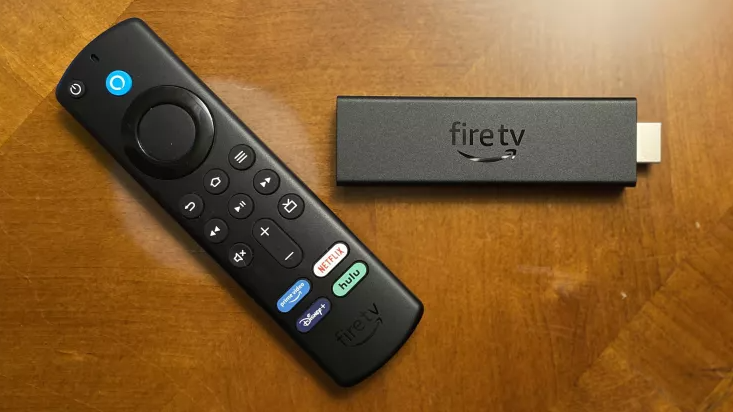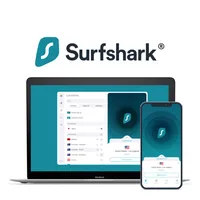Dodgy boxes streaming devices can cost your privacy − here’s how

- Surfshark warns that dodgy boxes escalate risks of data theft
- Using a VPN will not protect you from data exposure
- The alert comes as Amazon boosts security measures
Are you using a dodgy box to access content, thinking that you are getting a bargain − perhaps, all behind the protective privacy curtain of your favourite VPN? That bargain is simply illusory, warns leading provider Surfshark.
According to the creator of one of the best VPNs, the small savings made by using these illegal, heavily modified Android-based IPTV devices − which promise ultra-cheap access to high-quality TV shows, sports events, and films − are deceptive, with hidden costs involving data theft or even potential criminal penalties.
"Once you connect an untrusted IPTV box to your home network, you should assume anything you type into it could be harvested, and that the device may try to observe other traffic in your network," explains Surfshark's cybersecurity expert, Miguel Fornes.
Fornes notes that, in order to run cracked apps, these devices use modified versions of Android that remove essential security measures such as verified boot and app integrity checks. This allows third parties to collect all data entered into the devices, from streaming logins to Google accounts, search history, or, in some cases, even photo libraries.
And with companies becoming ever more vigilant in combating online piracy at the device level, there is a real risk that the service will even stop working.
Moreover, authorities have already begun imposing fines or even pursuing criminal penalties during inspections of homes or unlicensed premises. In the UK, for example, at least four men have already been arrested in a crackdown on illegal sports streaming.
Lifting the curtain on illegal activity

If you have been using a virtual private network (VPN) together with your box to access or stream illegal content, you might have felt protected before.
But now, new security measures introduced by Amazon can block unauthorized, sideloaded applications on its Fire TV Stick devices, exposing private streaming activity or data.
As these devices automatically download firmware updates, they can report whether you have an illegal app installed and then disable it.
The result? Even if you use privacy tools like VPNs, illegal activity can be prevented by (or even reported to) Amazon because the detection happens at the software level, not on your internet connection.
Your streaming history, or even the presence of nefarious apps on your device, may become visible or vulnerable to detection instead of previous attempts to merely detect the active use of such apps to stream illegally.
And these risks won’t just disappear: your data, once at risk, remains exposed as long as the device can check and report on it.
Surfshark One: $2.19 per month – 88% off + 3 months free
Surfshark has already slashed its prices for Black Friday. Starter is Surfshark's cheapest price plan, but Surfshark One is where the real deal is. Besides an excellent VPN product and Alternative ID, here's what you get with Surfshark One over Starter:
✅ Full antivirus built in
✅ Privacy-first web search
✅ Email, ID, and credit card fraud alerts
A totally false economy
If buying a dodgy box sounds more like a scam than a smart investment, that’s because it is.
With stronger anti-piracy enforcement, the risk of a device ceasing to serve you the content you’ve (not) paid for is simply skyrocketing − turning that 'smart buy' into a waste of money.
"The bargain is illusory," clarifies Fornes. "If a device is illegal, preloaded, and unbelievably cheap, you − and your data − are the product."
Simply put, Fornes’ advice is clear: if you have been using a dodgy box, disconnect it immediately and remove it from your network.
Then check your router for any unknown connected devices or DNS changes, and change the passwords for any accounts used on the device. If you run a venue, ensure you have the correct commercial licences before showing live sports or premium channels.
It seems the end of freeloaders is close. And the risk of getting caught up in the clean-up is greater than ever.
Follow TechRadar on Google News and add us as a preferred source to get our expert news, reviews, and opinion in your feeds. Make sure to click the Follow button!

Silvia Iacovcich is a tech journalist with over five years of experience in the field, including AI, cybersecurity, and fintech. She has written for various publications focusing on the evolving regulatory landscape of AI, digital behavior, web3, and blockchain, as well as social media privacy and security regulations.
You must confirm your public display name before commenting
Please logout and then login again, you will then be prompted to enter your display name.
